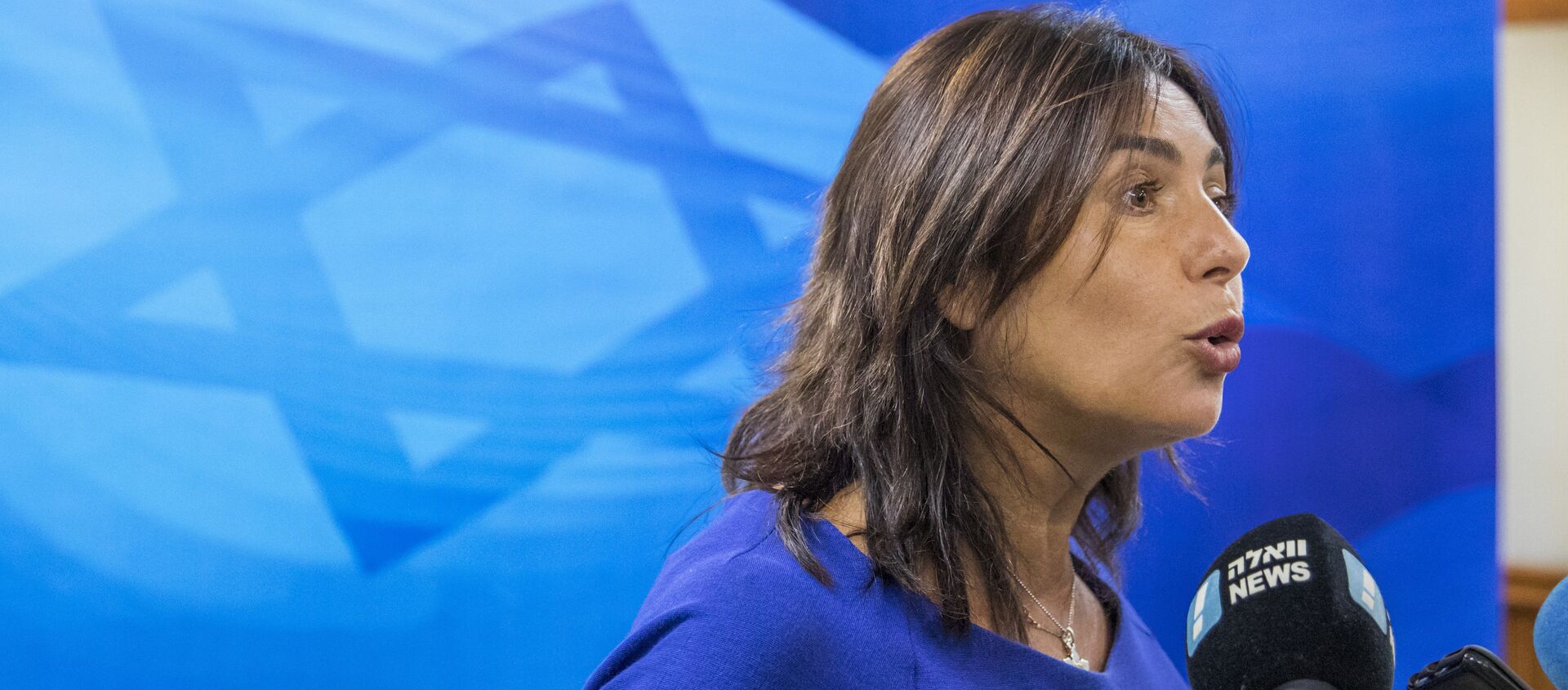Israel's liberal circles have become accustomed to being branded as "traitors" and "enemies" willing to sell out their country.
But the four rounds of parliamentary elections have made the situation worse and social media networks have been swamped with hate messages towards liberals, or what they are often called in Israel, the leftists.
[The following video shows a radical group of football club Beitar's fans chanting "death to the leftists".]
"מוות לשמאלנים" פעילי לה פמליה במתחם התחנה.
— shaul greenfeld (@shaulig) July 30, 2020
כל הכבוד למסית הראשי. pic.twitter.com/vFoRhkHxry
Tweet: "I am not calling for violence. Only for a [kosher] slaughter of the leftists".
"אני לא קורא לאלימות חלילה, רק לשחיטת שמאלנים"
— eShivion (@eShivion) March 29, 2021
Tweet: "Don't call them Jewish terrorists and supporters of Hitler. Simply write leftists".
מחבלים יהודים היטלראיים זה ארוך,תכתוב "שמאלנים" פשוט.
— rubi (@rubi77121651) March 30, 2021
Tweet: "Leftists, you are despicable people. I want to vomit on you ... just as 3,000 years ago, when you brought the destruction of the Temple on us, you are doing it again. God will protect us from you".
שמאלנים אתם אנשים בזויים. בא לי להקיא על האין רמה שלכם... ערב רב בדיוק כמו לפני 3000 שנים רק חורבן בית תביאו עלינו שאלוהים ישמור אותנו ממכם
— דרור כהן Dror Cohen (@Drorcke2411) March 30, 2021
Are the Politicians at the Front of Incitement?
For Mossi Raz, an Israeli parliamentarian from the liberal party Meretz, this situation is not surprising, especially given that the incitement has been prompted by the growing chasm between pro- and anti-Benjamin Netanyahu camps and by it possibly being fuelled by leading politicians, including the PM himself.
The Israeli press has documented numerous instances where the Israeli PM has done just that.
In the 1990s he attended a mass rally in Jerusalem, where crowds called then-Prime Minister Yitzhak Rabin a traitor. Netanyahu himself didn't partake in the name-calling but he did give those protesters a backwind prompting some to believe he played a pivotal role in the incitement that resulted in Rabin's assassination.
Years down the line, during the 2015 election campaign, he warned that Arabs were pouring into polling stations en masse, thereby endangering the rule of the conservative government and aiming to oust Netanyahu from office.
Yet, Netanyahu is not the only Israeli politician to have engaged in harsh rhetoric throughout the years.
Such was the case with late Prime Minister Menachem Begin, known for his harsh campaigns against the liberal circles, and such was the case with Yisrael Beitenu chief Avigdor Lieberman, who earned his name for criticism of Arabs, and more recently, the Ultra-Orthodox population of Israel.
"We have seen divisions and this kind of behaviour since the beginning of the state [in 1948]", says Raz. "But in the past this incitement has often resulted in tensions, violence, riots, and even assassinations of politicians. Today, the situation is different. Today, we have social media".
Israel's security apparatus has learned from its past mistakes. Demonstrations and rallies are often heavily guarded. Politicians are given tight security, perpetrators or anyone who dares to disrupt stability is severely punished.
Platforms for Venting Anger
Social media, however, is a field the security forces are struggling to monitor, partially due to the abundance of messages and partially because of the desire to stick to democratic values that promote the freedom of speech. But for Raz the mere fact that people can vent their anger on Twitter and other platforms is a positive thing.
"It is good that there are platforms where people can express their frustrations. Maybe this is the reason why we don't see that much violence on the streets. It exists but not that much anymore".
Yet, while Israeli streets might not see that much violence, social networks do and Raz believes it will keep on growing. But the parliamentarian is doubtful the situation will spiral out of control.
"We have seen what happened in Washington following the defeat of Donald Trump in the elections", he said referring to the siege of Capitol Hill at the beginning of January.
"I believe it won't happen here because we are stronger but if Netanyahu loses, people might resort to violence and not only on social media. And the only way to avoid it is for him, or the other side, if they lose, to admit defeat".





